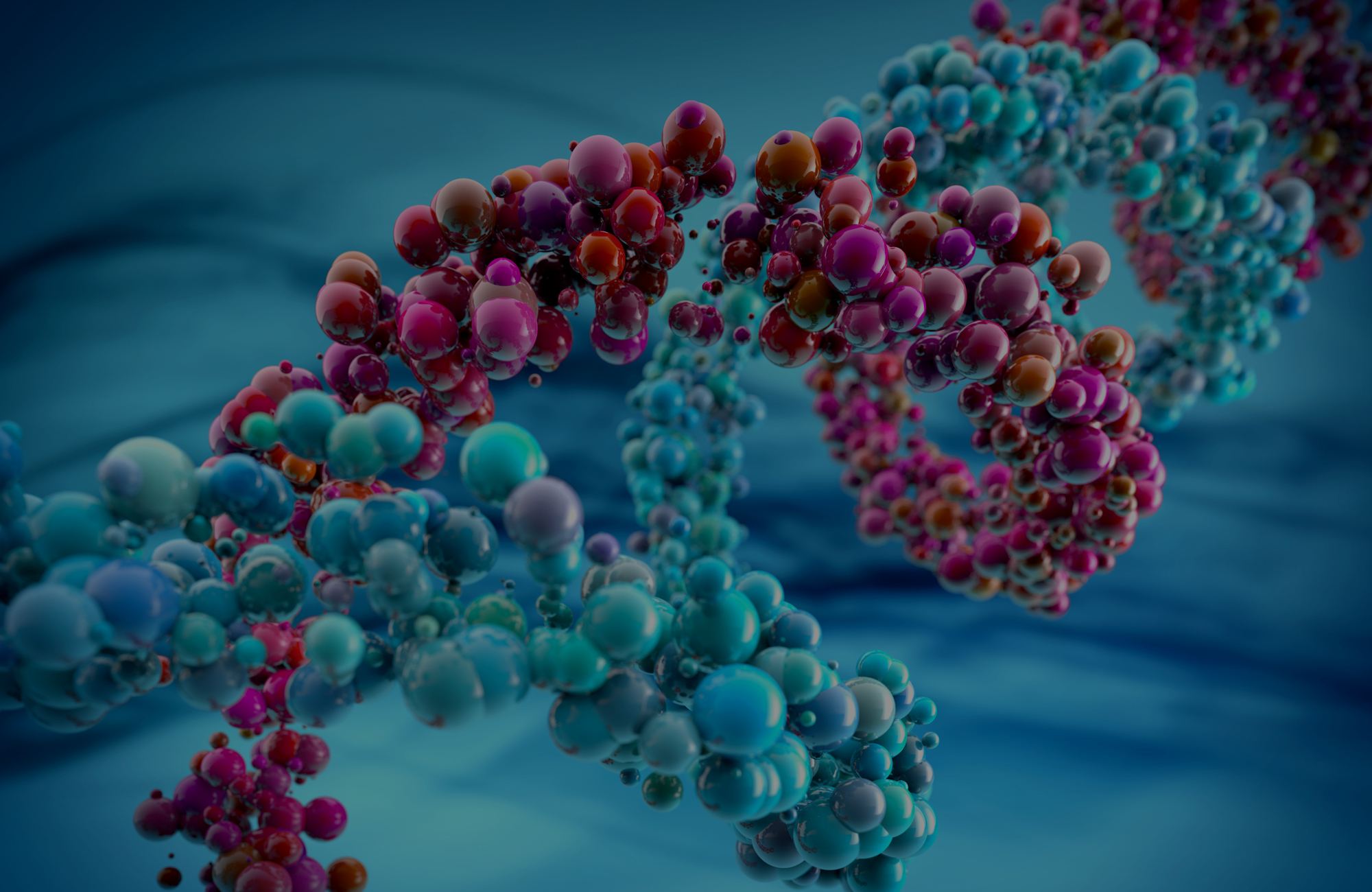The Pharmaceutical Industry
The roots of the pharmaceutical industry go back to the 1800's beginning from apothecaries (similar to modern pharmacies today) who prepared and distributed natural products / plant extracts - those days quinine and morphine were typical examples, followed later by extracts from tissues.
Today's pharmaceutical industry is one of the largest in the world, supporting our health and helping to cure or improve many diseases. The global pharmaceutical market in value terms is almost $1 trillion. Approximately 70% of the sales of prescription medicines are generated in North America (c. $500bn) and Europe (c. $200bn). Prescription medicines are typically reimbursed by the health systems of each country. Prescription medicines have authorised claims on efficacy and safety and in order to receive these, they must follow the regulatory path of drug development.

The Largest Pharmaceutical Companies
Johnson & Johnson
Roche
Pfizer
Novartis
Bayer
GlaxoSmithKline
Merck & Co
Sanofi
Abbvie
Abbott
Eli Lilly
Amgen
Bristol-Myers Squibb
AstraZeneca
Gilead Sciences
Boehringer Ingelheim
Merck Serono
Novo Nordisk
Allergan
Takeda
Shire
Celgene
Drug Development
Developing pharmaceutical compounds is a very complicated, coslty and risky process. On average, a new compound, or a New Chemical Entity (NCE) can take more than 10 years from discovery to reach the market and cost estimates range from $200-800m, while going through the development stages.
We are a Life Sciences advisory UK company based in London, assisting companies and investors in Pharma, Biotech, MedTech and HealthTech. We provide full-service support in Business Development & Licensing deals, Executive Search, Product Development, Financing, Commercialisation and Communications.
Core Areas
Quick Links
Contact Us
Address:
DyoDelta Biosciences Ltd
78 Pall Mall
London SW1Y 5ES
U.K. Phone: +44 20 3239 3022
Email: enquiries @ dyodelta . com
[remove spaces between words]


